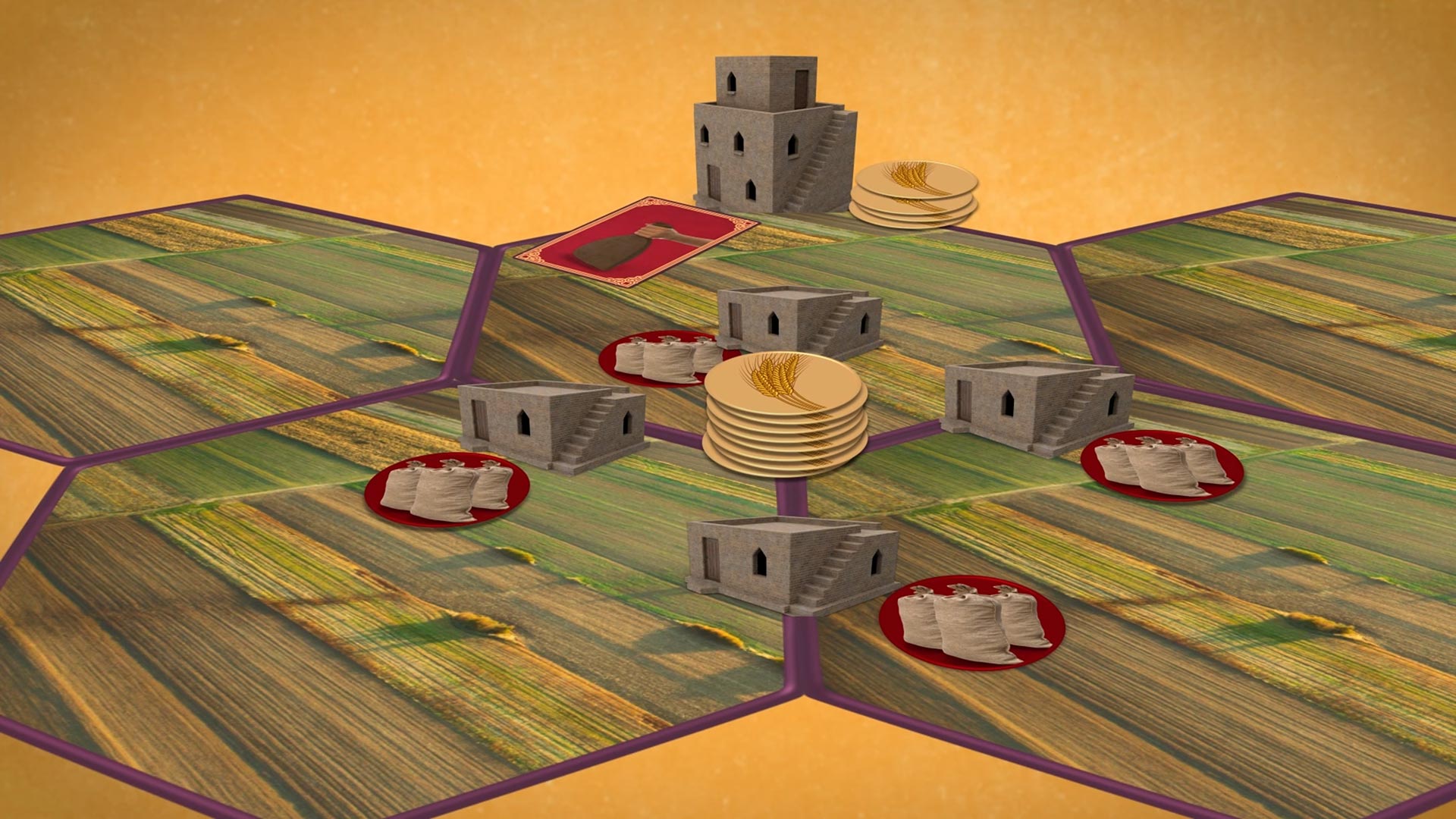[ad_1]

Analysis challenges the traditional idea that the transition from foraging to farming drove the event of complicated, hierarchical societies by creating agricultural surplus, finds the adoption of cereal crops is the important thing issue.
- The analysis sheds new gentle on the mechanisms by which the adoption of agriculture led to complicated hierarchies and states.
- By theoretical arguments and empirical evaluation, it challenges the traditional “productiveness idea” which holds that regional variations in land productiveness clarify regional disparities within the improvement of hierarchies and states.
- Scientists discover that it was not a rise in meals manufacturing that led to complicated hierarchies and states, however reasonably the transition to reliance on simply transportable cereals.
- The first discovering is that the important thing think about state improvement is the suitability of land to cereal farming and to not root and tuber crops.
New analysis challenges the traditional idea that the transition from foraging to farming drove the event of complicated, hierarchical societies by creating agricultural surplus in areas of fertile land. The work was carried out by the
The key factor for the emergence of hierarchy is the adoption of cereal crops. In this short video, Professor Moav explains:
The researchers theorize that it’s because the character of cereals requires that they be harvested and saved in accessible areas, making them simpler to applicable as tax than root crops which stay within the floor, and are much less storable.
The researchers show a causal impact of cereal cultivation on the emergence of hierarchy utilizing empirical proof drawn from a number of information units spanning a number of millennia, and discover no related impact for land productiveness.
Professor Mayshar stated: “A idea linking land productiveness and surplus to the emergence of hierarchy has developed over a number of centuries and have become standard in 1000’s of books and articles. We present, each theoretically and empirically, that this idea is flawed.”
Underpinning the examine, Mayshar, Moav, and Pascali developed and examined numerous information units together with the extent of hierarchical complexity in society; the geographic distribution of untamed family of domesticated crops; and land suitability for varied crops to discover why in some areas, regardless of 1000’s of years of profitable farming, well-functioning states didn’t emerge, whereas states that might tax and supply safety to lives and property emerged elsewhere.
Professor Pascali stated: “Utilizing these novel information, we have been in a position to present that complicated hierarchies, like complicated chiefdoms and states, arose in areas by which cereal crops, that are simple to tax and to expropriate, have been de-facto the one obtainable crops. Paradoxically, the best lands, these by which not solely cereals but additionally roots and tubers have been obtainable and productive, didn’t expertise the identical political developments.”
In addition they employed the pure experiment of the Columbian Change, the interchange of crops between the New World and the Outdated World within the late 15th century which radically modified land productiveness and the productiveness benefit of cereals over roots and tubers in most nations on this planet.
Professor Pascali stated “Setting up these new information units, investigating case research, and creating the idea and empirical technique took us practically a decade of onerous work. We’re more than happy to see that the paper is lastly printed in a journal with the standing of the JPE”
Professor Moav stated: “Following the transition from foraging to farming, hierarchical societies and, ultimately, tax-levying states have emerged. These states performed a vital function in financial improvement by offering safety, legislation and order, which ultimately enabled industrialization and the unprecedented welfare loved right this moment in lots of nations.”
“The standard idea is that this disparity is because of variations in land productiveness. The standard argument is that meals surplus should be produced earlier than a state can tax farmers’ crops, and subsequently that top land productiveness performs the important thing function.
Professor Mayshar added: “We problem the traditional productiveness idea, contending that it was not a rise in meals manufacturing that led to complicated hierarchies and states, however reasonably the transition to reliance on appropriable cereal grains that facilitate taxation by the rising elite. When it turned potential to applicable crops, a taxing elite emerged, and this led to the state.
“Solely the place the local weather and geography favored cereals, was hierarchy more likely to develop. Our information exhibits that the larger the productiveness benefit of cereals over tubers, the larger the chance of hierarchy rising.
“Suitability of extremely productive roots and tubers is in truth a curse of lots, which prevented the emergence of states and impeded financial improvement.”
Reference: “The Origin of the State: Land Productiveness or Appropriability?” by Joram Mayshar, Omer Moav and Luigi Pascali, 8 March 2022, Journal of Political Economic system.
DOI: 10.1086/718372

